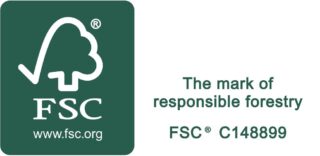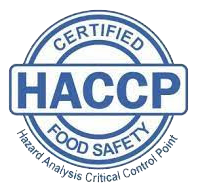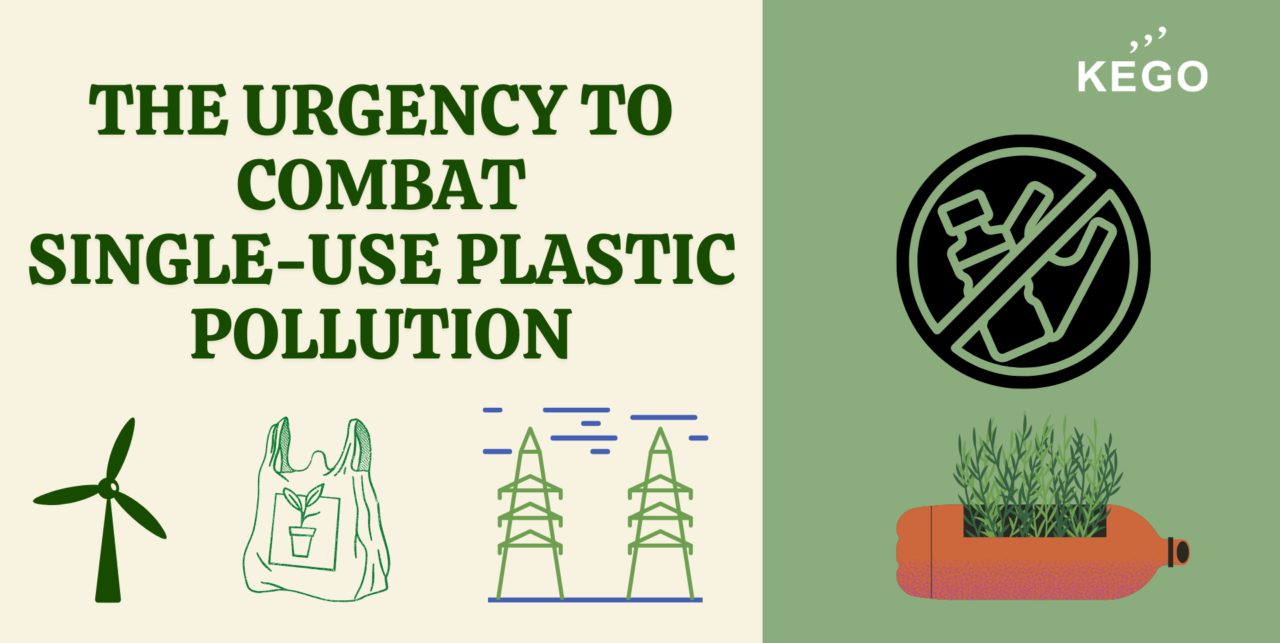
In the backdrop of the 21st century, the proliferation of single-use plastics has evolved into a profound global environmental crisis, casting a shadow over ecosystems worldwide. This article delves into the pressing need to address the escalating issue of single-use plastic pollution and underscores the potential ramifications if decisive action is not taken promptly.
The Alarming Scope of Single-Use Plastic Pollution:
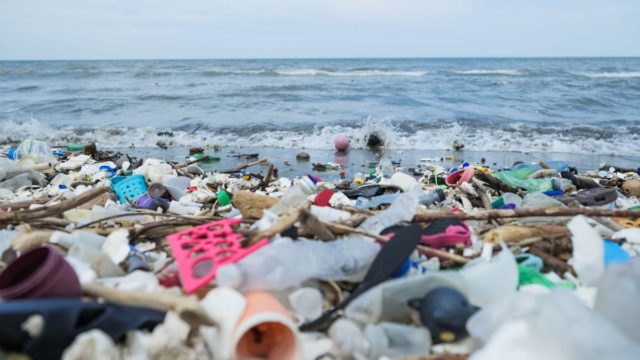
In the tapestry of modern life, single-use plastics have woven themselves into the fabric of convenience, but this convenience comes at an enormous environmental cost. Annually, millions of tons of plastic waste inundate our oceans, rivers, and landfills, leaving an indelible mark on the planet. The non-biodegradable nature of plastic ensures its persistence for centuries, inflicting irreparable harm on ecosystems and endangering the well-being of wildlife.
Environmental Impact:
The consequences of single-use plastic pollution are multifaceted, with marine life being particularly susceptible. Oceans and waterways become contaminated, leading to the ingestion and entanglement of sea creatures. Beyond the aquatic realm, land-based ecosystems suffer as plastic waste disrupts soil quality and poses a threat to terrestrial wildlife. The far-reaching ecological repercussions contribute significantly to the ongoing biodiversity crisis, amplifying the urgency for intervention.
Human Health Concerns:
The detrimental effects of single-use plastic pollution extend beyond the environmental sphere to impact human populations directly. Microplastics, resulting from the breakdown of larger plastic items, have been detected in food and water supplies. This raises concerns about potential health risks, including endocrine disruption and systemic disorders, with ramifications for generations to come.
The Urgency of Action:
Addressing the single-use plastic crisis demands a comprehensive and coordinated effort on a global scale. Governments, as custodians of environmental policy, need to enact stringent measures such as plastic bans and provide incentives for recycling. Simultaneously, businesses play a pivotal role by adopting eco-friendly practices, such as sustainable packaging, to reduce their reliance on disposable plastics. Individual consumers, armed with knowledge, can make a significant impact by opting for sustainable alternatives and supporting initiatives that champion responsible plastic use.
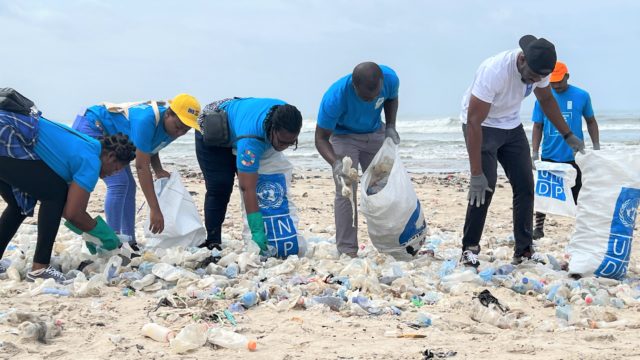
The urgency to combat single-use plastic pollution is not merely a call to arms; it is a global imperative. Immediate and concerted action is required to safeguard the planet for future generations. By embracing sustainable practices, supporting initiatives that reduce plastic consumption, and advocating for systemic change, we can collectively forge a path towards a world free from the shackles of single-use plastic pollution. The time to act is now, for the health of our planet and the well-being of its inhabitants depend on our commitment to a sustainable and plastic-free future.

